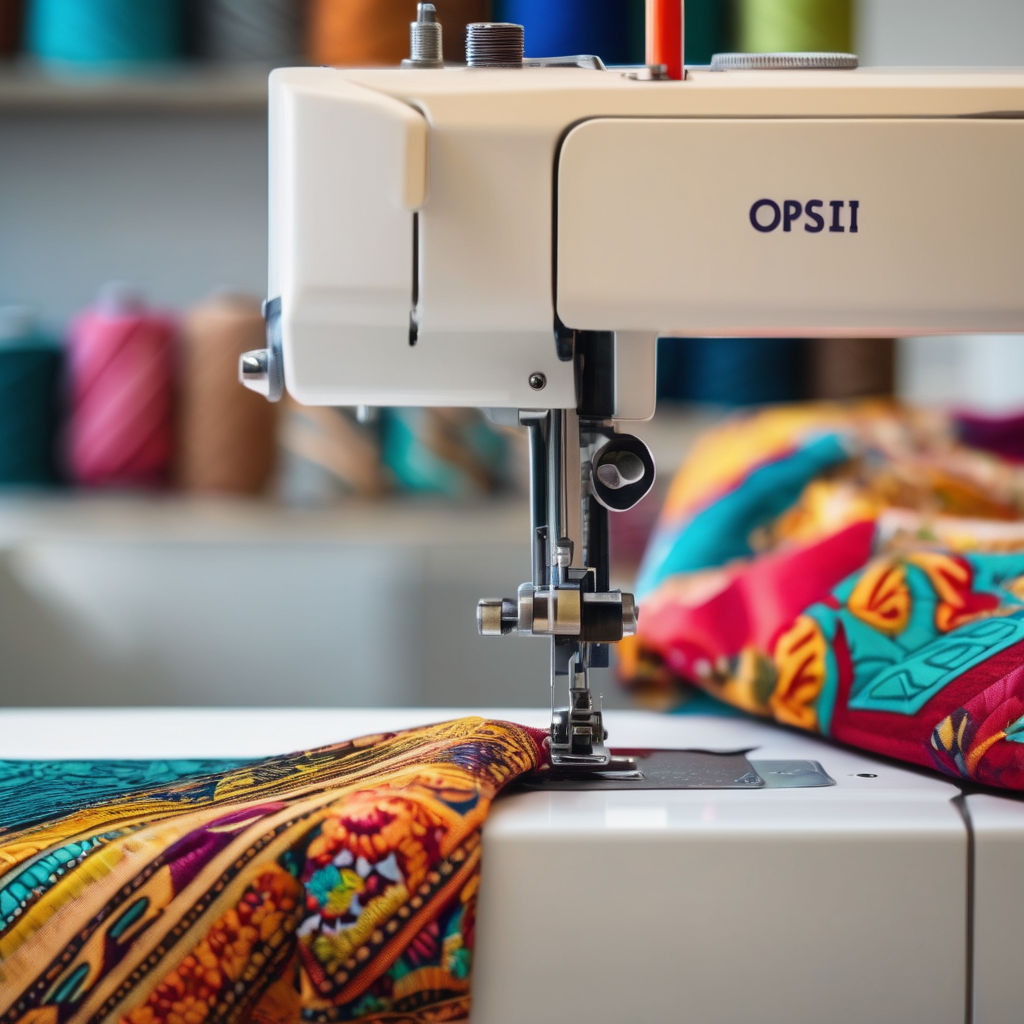The Ministry of Women, Children, and Social Protection in Fiji has initiated a promising endeavor designed to enhance the livelihoods of vulnerable groups through targeted skills training. Recently, 14 participants benefited from a week-long Basic Pattern and Garment Making Training conducted at the Fiji National University’s School of Executive Management, Fashion, and Design. These individuals hail from Koroipita Model Town, Daulomani Safe Home, the National Council for Persons with Disabilities’ Western branch, and carers from the Golden Age Home in Lautoka.
This initiative aims to empower attendees by equipping them with practical tailoring skills that can be shared within their organizations and communities, fostering a sustainable model of skill dissemination. Many participants are already beneficiaries of the Ministry’s social welfare programs, and this training offers them a pathway to increased self-reliance through income generation via tailoring.
Building on earlier governmental efforts, where sewing machines were distributed to similar organizations to kickstart small tailoring projects, this structured training ensures participants can use these tools effectively. With these skills, they are empowered to produce quality garments, improving their economic resilience and independence.
This program aligns with broader government strategies to uplift vulnerable populations across Fiji, mirroring initiatives that target various groups, such as former street dwellers and young women. These efforts, often in collaboration with entities like the Australian Pacific Training Coalition, emphasize skill development as a crucial step towards financial independence and community empowerment.
By promoting skills training, the Ministry is enabling individuals not only to enhance their contributions within their communities but is also fostering a culture of self-reliance and empowerment. This holistic approach is crucial for sustainable development, offering hope and opportunity to those in need.
As these initiatives continue to unfold, they hold the potential to transform individual lives while creating a support network capable of driving broader social and economic progress in the region. The government’s ongoing commitment to supporting and resourcing training programs underscores a steadfast dedication to crafting a resilient, self-sufficient society well-prepared to meet future challenges.
